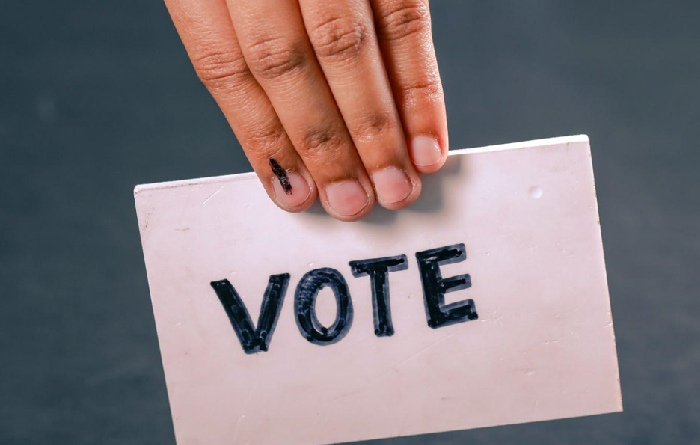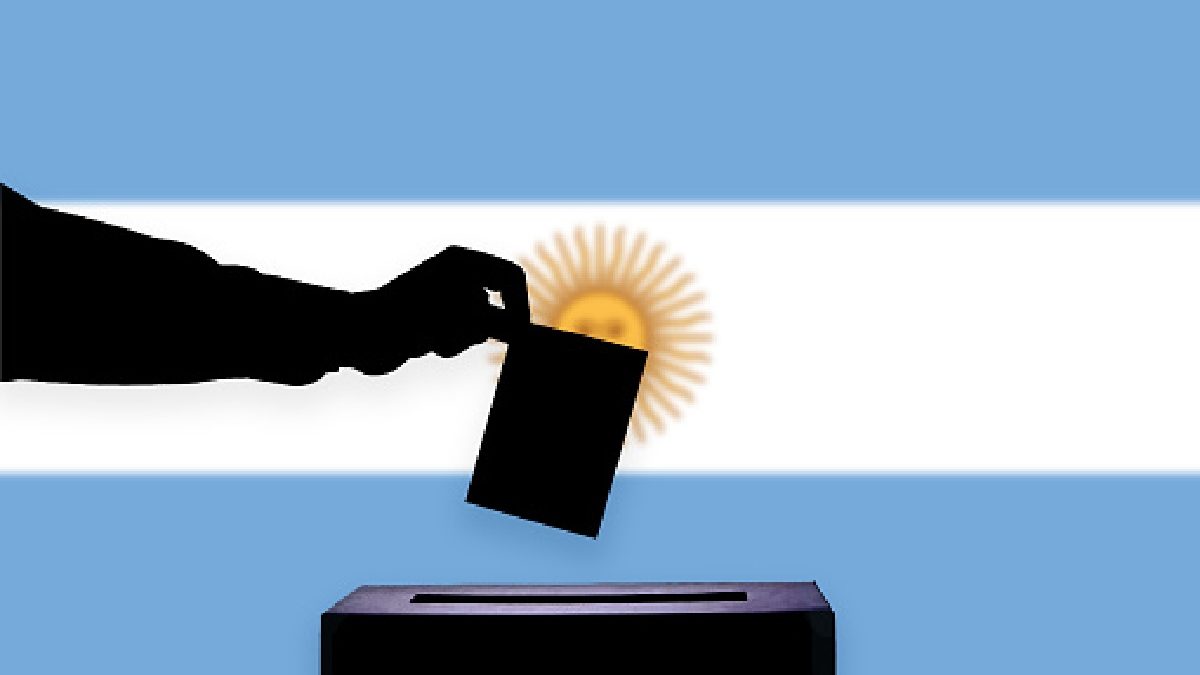Parliamentary elections will be detained in Argentine elections on November 14th, elections full of uncertainty, not only because of the outcome but above all because of the possible consequences for the future of the ruling Peronist-Kirchnerist coalition and for the country’s ability to govern.
These elections are taking place in Latin America in a busy month: the 7th presidential and legislative elections in Nicaragua; the 21 presidential, legislative, and regional elections in Chile and provincial elections in Venezuela. Finally, on November 28, Honduras will vote on the president, parliament, and mayors.
Table of Contents
In almost all of them, the results are pretty uncertain
The major exception is Nicaragua, given the repressive policies of the ruling neo-Somocista regime, which turned the elections into a farce after jailing most of the opposition candidates (those who should have left the country).
Although in Chile, the election is decided on the second ballot, there is no ballot box in Honduras. Anything is possible depending on popular participation and how effective the penalty vote is.
Or the anger vote, which, although usually punishing the ruling party. Ends the election as well. Affect in one way or another the most traditional parties or movements.
Argentina is a relative outlier
Although the country is in an almost permanent economic crisis with inflation and a rising dollar, despite the government’s price control policy and the “currency markets.”
The citizens’ dissatisfaction leads to massive popular mobilizations, neither against the government nor against the functioning of the political system. Of course, there are some exceptions.
But these were not on the scale or scale of the protests in Chile or Colombia.
In this context, the economy is the central battlefront in the ruling party.
Should we negotiate with the IMF or not? Do I have to pay the debt? Should we control the number of foreign currency citizens can buy and the price level of necessities?
Should we subsidize sectors with fewer resources? In this debate, the sectors closest to the vice-president, her son Máximo Kirchner, already working as a dolphin, and his movement
“La Cámpora” have accused the ink against the Minister of Economy, and whom they see very close. Against “American imperialism” and its economic adjustment plan.
At the same time, they maintain that with an adequate policy to stimulate consumption, especially for the most disadvantaged groups (“putting money in people’s pockets”).
The result of September could be reverse. But everything that is done is insufficient, hence the virulence of the criticism against the president and his people.
However, the polls are not very favourable for the interests of the government
Up for scrutiny in both chambers of the national parliament. The Senate, the main centre of political power, is essential. And while she won’t lose control of the House, she could risk gaining a sufficient majority to pass the proposed legislation.
The famous crack, the polarization that divides Argentine society
Raised in the city of Buenos Aires by Javier Milei, a right-wing “anarcho-capitalist” and populist modelled after Trump and Bolsonaro, the challenge could undermine necessary support from the confluence macristas and radicals.
Until now, the position has been limite to waiting and waiting for the government’s mistakes, but if it wants to regain power after November, it will have to adopt a more active and proactive policy.
Argentine elections Benfits

The benefits of Argentine elections are many, including:
Democratic participation: Elections allow citizens to participate in the democratic process by choosing their leaders and representatives. This promotes the idea of democracy and helps ensure that the government is accountable to the people.
Political stability: Elections provide a peaceful and stable way to transfer power from one government to another. By having regular elections, political power is not concentrated in the hands of a few, which can lead to instability and unrest.
Representation: Elections ensure that all segments of society have a voice in the political process. By having representatives from different regions, ethnicities, genders, and socioeconomic backgrounds, the government can better reflect the diverse interests and needs of the population.
Transparency: Elections promote transparency and accountability in the political process. Candidates must publicly disclose their finances and campaign contributions, and voters can observe the counting of ballots to ensure that the results are fair and accurate.
Economic growth: A stable political environment can attract foreign investment and promote economic growth. By having regular elections, investors can have more confidence in the stability of the government and the long-term prospects for the economy.
Overall, elections are essential to a healthy democracy and can bring many benefits to Argentine society.

